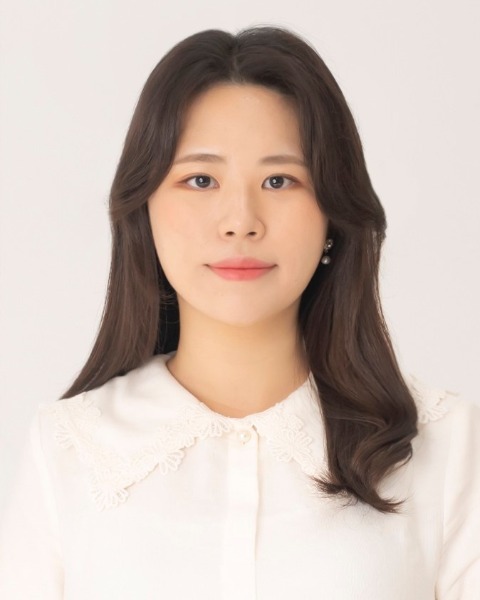Drug Delivery
(I-333) Injectable mesocellular foam silica microparticles with a dual role of cell-recruiting scaffolds and intracellular delivery vehicles for enhanced cancer vaccine
Friday, October 13, 2023
3:30 PM - 4:30 PM PDT
Location: Exhibit Hall - Row I - Poster # 333

Jihye Im, PhD candidate (she/her/hers)
PhD candidate
Sungkyunkwan University
Suwon, Republic of Korea- JK
Jaeyun Kim
Professor
Sungkyunkwan University (SKKU)
Suwon, United States
Presenting Author(s)
Last Author(s)
The cancer vaccine is one of the potent cancer immunotherapies based on provoking antigen-specific adaptive immune responses in patients. Activating host antigen-presenting cells by delivering antigens and adjuvants is one of the most important requirements to enhance cancer vaccine efficacy. We propose an effective cancer vaccine platform based on injectable mesocellular foam (MCF) silica microparticles with a dual role capable of in situ recruitment of host dendritic cells (DCs) and intracellular delivery of antigens to the recruited DCs. Subcutaneously administrated MCF microparticles loaded with chemoattractant to DCs (GM-CSF), antigenic protein (OVA), and TLR9 agonist (CpG-ODN) led to robust DC maturation and high antigen-specific T cell responses. The cell recruitment, DC activation, and T cell responses of MCF-based cancer vaccine were significantly higher than injectable mesoporous silica scaffold, of which role is mostly limited to the cell recruiting scaffold. These features of MCF led to effective inhibition of tumor growth in prophylactic vaccine setting and lung metastatic cancer model, representing MCF enabling cell-recruiting scaffold formation and intracellular delivery of antigen could be a promising material platform for an enhanced cancer vaccine.
